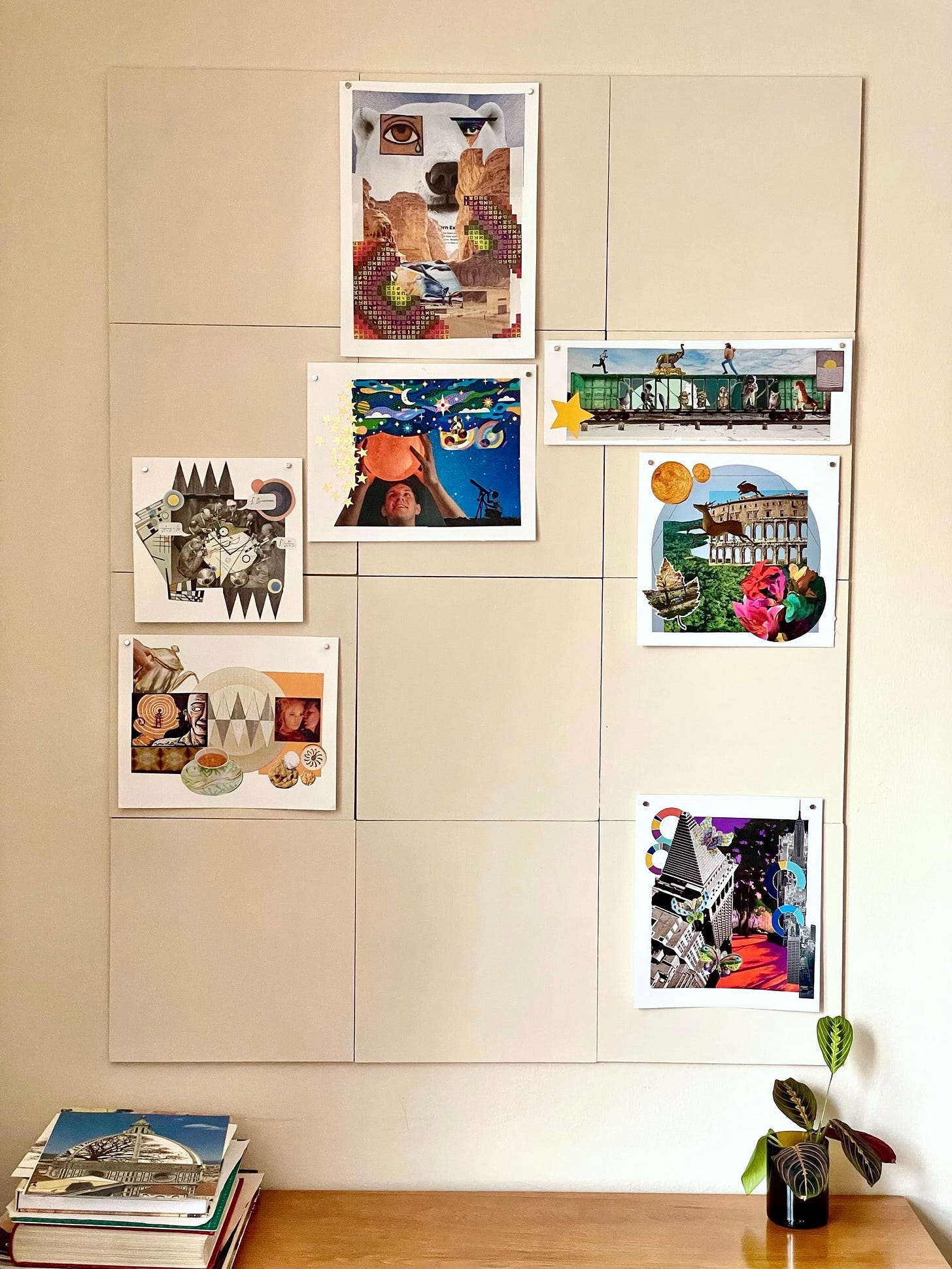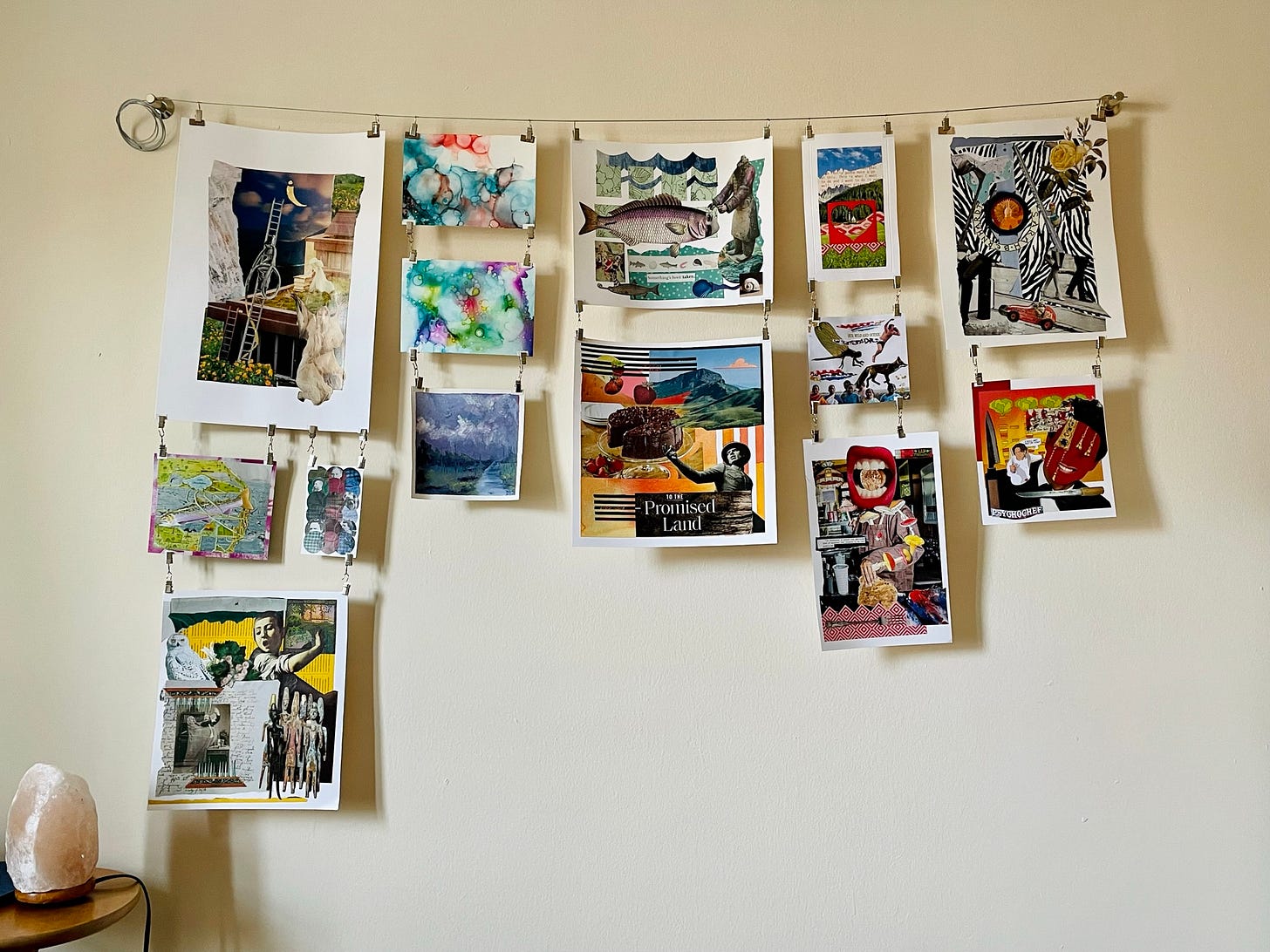Project vs Process
When “butt-in-chair” isn’t the advice you need
Butt in chair.
Grit and determination.
“It doesn’t matter if you don’t feel like writing. Do it anyway.”
“The ones who stick it out are the ones who succeed.”
“Show up for the muse. Don’t expect her to come to you.”
Butt. In. Chair.
A lot of writing advice boils down to wordcount or logging the time you spend in the chair.
Squeezing out words like blood from a rock, if you have to.
Accepting that some days you’ll go one paragraph back for every two paragraphs forward.
Sitting down and writing no matter what you feel like, because you show up for the muse, she doesn’t show up for you, because the writers who are successful are those who’ve stuck it out when all the other schmucks lose motivation and sleep an hour later, because all that counts is butt in chair.
I subscribed to that. There are many days when I don’t feel like writing, but when I sit down at my blocked-off time in the morning, the sentences flow and just like that, I do feel like writing. Magic! Butt-in-chair is powerful. Consistency is admirable. If you wait to “feel like it” before doing anything, let alone write, we’d look like the bleak future portrayed in Idiocracy (a movie that so depressed me I couldn’t finish it, yet it remains seared in my memory).
But a couple of things have convened lately that challenge my idea on this writing philosophy, or at least are reshaping it a little bit. First: I finished a book and began (and continue) to query agents. Second: I completed the Februllage collage challenge. Third: author Ewan Morrison’s opinion about projects.
Let’s start from number three. On the podcast Writers, Ink, episode 171, when author Ewan Morrison was asked for his one piece of writing advice for new and aspiring authors, he answered:
“[G]et away from this idea that writing is typing…A lot of the advice that young people get is just write and write and write and write, develop a schedule, get up at seven in the morning…and to me that all seems a bit like factory work…The thing is to see each book like a project. Rather than see that you’re putting in the hours…it’s better to be focused.”
My second point: the Februllage challenge on Instagram, a collaboration between the Edinburgh Collage Collective and the Scandinavian Collage Museum, is to post a collage following each day’s prompt for every day of February. I decided to do the challenge to encourage myself to work and finish collages faster, expand my techniques, see if any stylistic themes emerge, and share with others who were also doing Februllage. It was fun and I felt a sense of accomplishment at the end. Importantly, I produced more finished art than I did all last year, even though it was at an unsustainable pace.

And to my first point: I finished a book. I finished a book! And it sure felt like completing a big-a$$ project. Looking back, I can see that I employed butt-in-chair work ethics with a project mentality and an end goal in mind.
It just took me kinda long.
When I heard Ewan Morrison on the podcast, I thought, how can I combine the intensive challenge of a monthly project to the (quite honestly) ample amount of determination, self-discipline, and consistency I bring to the table? How can I produce a whole beautiful heap of completed items—essays, stories, outlines, blurbs?—and write an amount that is doable but challenging, perhaps overzealous but, like Februllage, sustainable in the short run, producing a chunk of work I’m proud of and learn something new? And, most important, have fun doing it?
I don’t have the answer; this is a new idea. The first writer’s challenge that comes to mind is, of course, NaNoWriMo, or National November Writing Month, where you aspire to write 50,000 words in one month. I’ve tried doing this before and it frankly does feel like factory writing. It’s not a challenge that works for me. But I am sure there are others, a weekly project that lasts a month or three, a daily project for one month…TBD.
Butt-in-chair writing is essentially creating a daily habit of writing, and there’s absolutely more positive than negative to say about it. Namely, writing as a daily habit can serve many different roles: it can be a form of meditation, even prayer, like Julia Cameron’s “morning pages,” or a way to brainstorm problems, to record memories, to just get the damn creative juices flowing again. Creating a routine via daily habits in an area that’s important to you, whether writing or art or exercise or something else, is extremely powerful. It’s the stuff of accomplishing big dreams!
Just, sometimes it might be possible to get caught up in daily habits to the detriment of beneficial “white space” that your mind or body also needs—a white space that comes, naturally, between projects.
Stuff I Like
Writers, Ink: Another great podcast that starts out with some industry news—which is always helpful to hear—and leads into interviews with authors, many of whom are bestselling. Sometime they’re indie, oftentimes they’ve gone the traditional route. It’s a great mix.

